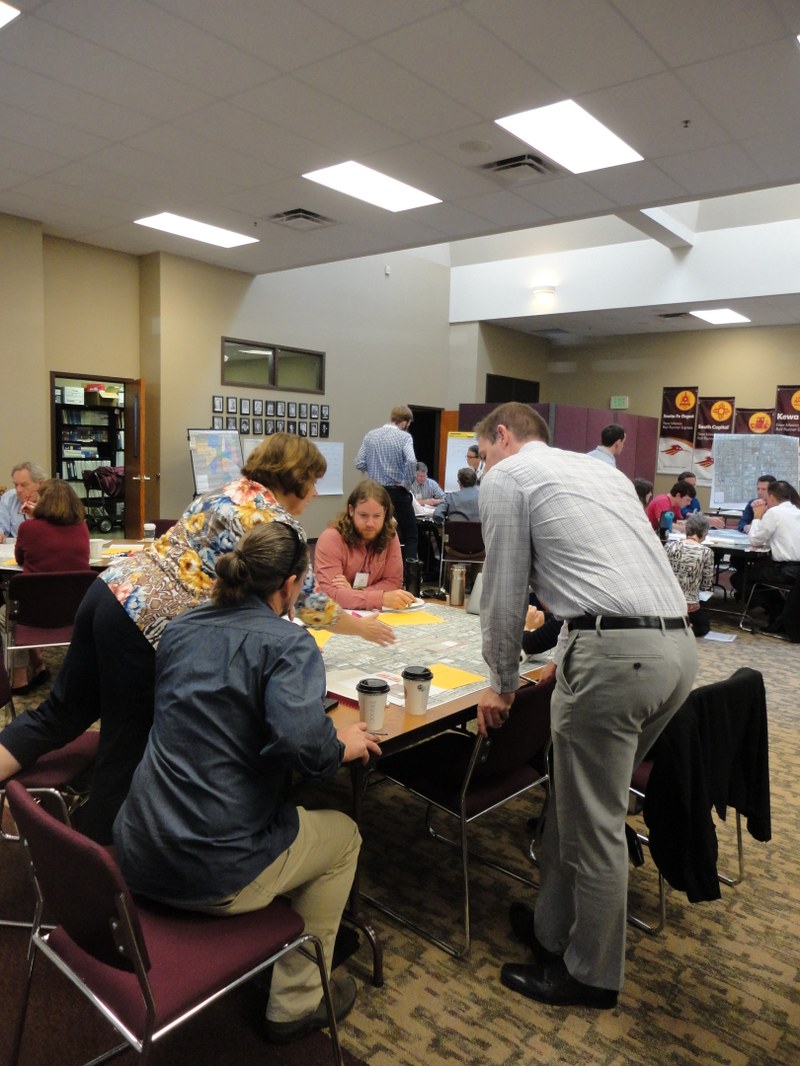
An Introduction to the Conflict Resolution and Collaboration Series
It is important to begin by remembering that, if you are struggling with “people problems” in your neighborhood association, you are not alone.
Much of the content in this series deals with challenging behavior between people. Many people are uncomfortable dealing with tension, differences, or conflict with another individual or within a group. There is a learnable set of skills that can help you think through your situation and act positively to manage and transform the issues into positive understanding. These tips offer practical ways to think and act when you face some common challenges in your neighborhood association.
What Can You Do to Think Differently About Conflict?
Conflict is a predictable condition in the human experience at every level and in every culture in families, neighborhoods, communities, churches, workplaces, societies, and the world. Although it can be very destructive, there is often a hidden, constructive potential in conflict. Therefore, it should not be feared, but respected and understood.
There are some guiding principles and practical skills that will help you and your neighbors become more effective to prevent conflict from arising and, when it does arise, engage and transform conflict into understanding and agreement. These practices apply when you are involved directly in a conflict situation, and they will help you create a positive climate for constructive discussion of issues and concerns. When this climate is in place, your neighborhood association will be better able to address challenging situations, maintain or reestablish respectful working relationships, increase the ability to communicate effectively, bridge differences, and solve problems.
When Conflict Arises What Are Practices to Manage and Transform Conflict?
When good practices do not prevent conflict, then it is time to demonstrate skill and effectiveness to engage the conflict directly. This requires awareness, clarity of thinking, and self-control. When you react to the situation or the behavior of others, you are ‘out of control’ and the situation or the other person is in control. Neuroscientists have given us a clear understanding of what happens to the brain when our emotional reactions are running the show. Fear and anger disconnect us from the higher thinking and reasoning capacity of our neocortex and our lower, reptilian brain leads the way with ‘fight/flight’ mentality.
Read this series to learn some tangible tools on how to respond instead of reacting, how to set limits on disrespectful behavior, and how to have challenging conversations, to name a few of the topics.

